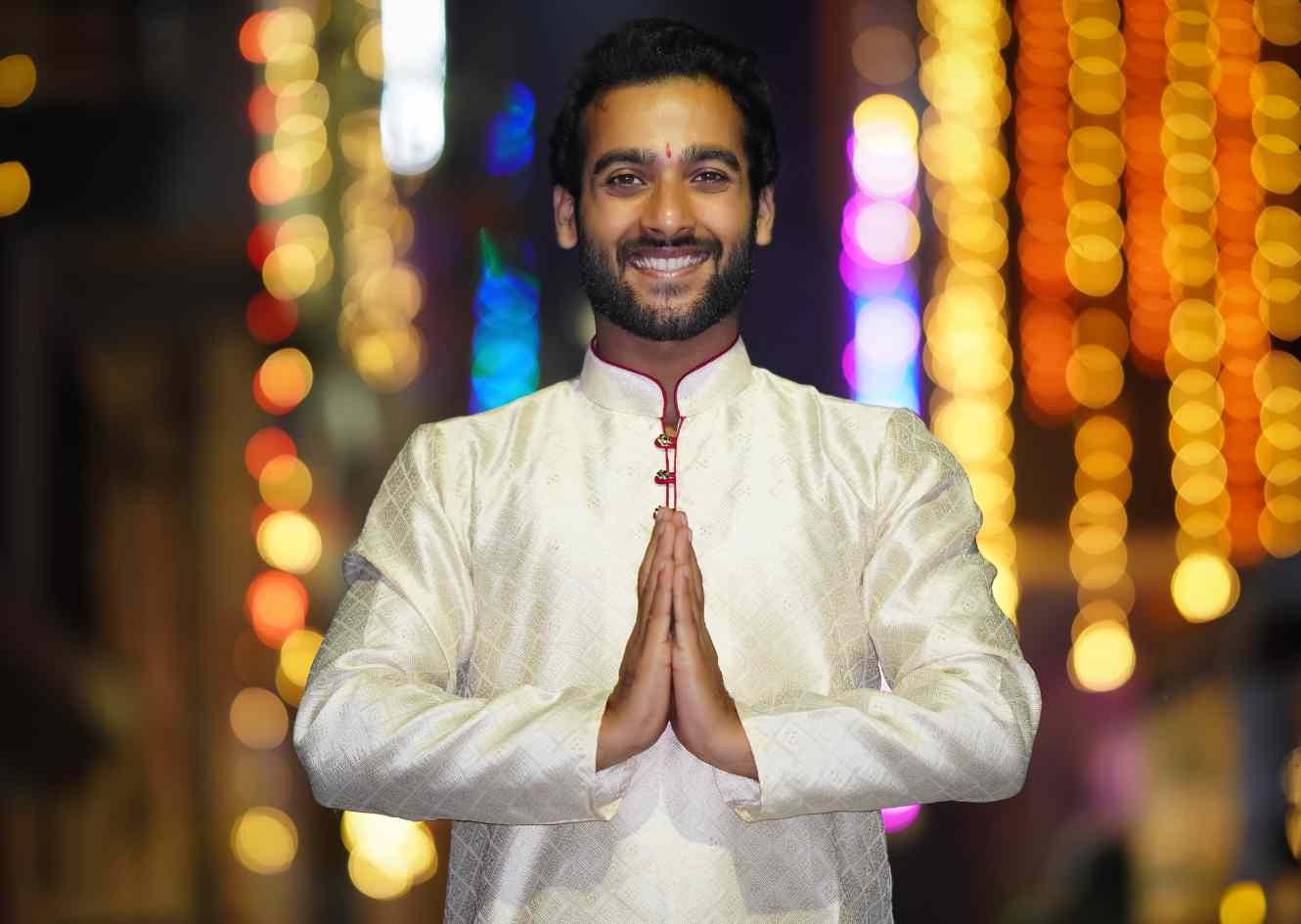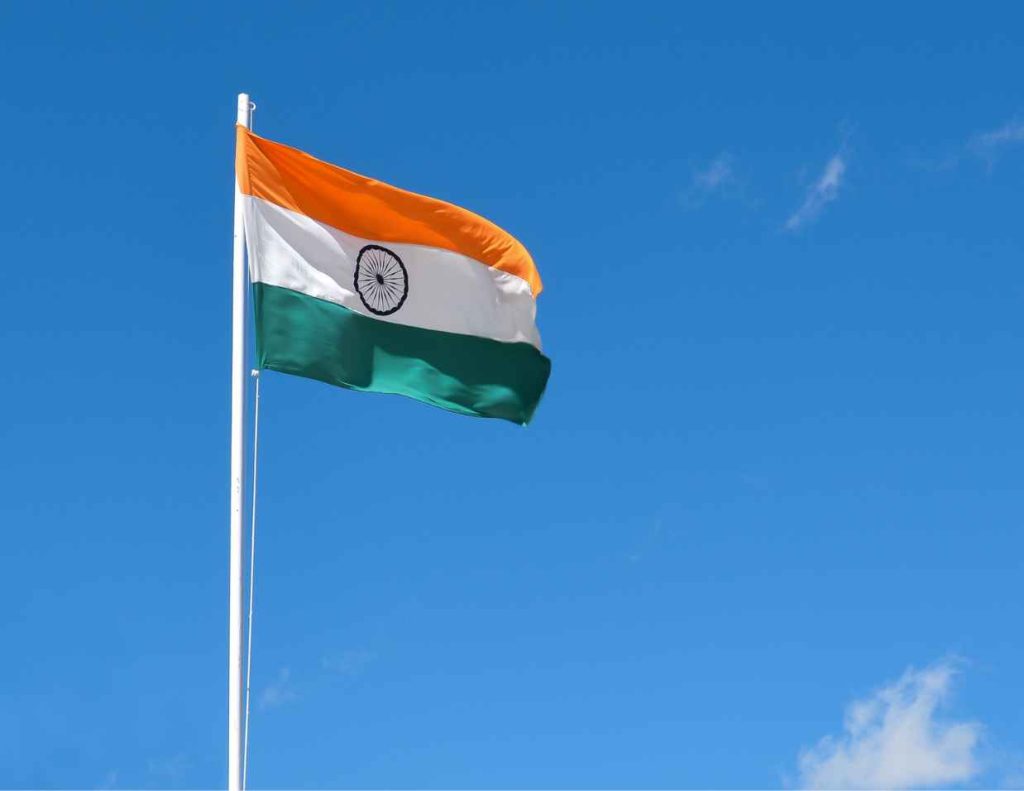Hindu Nationalism Is Powerful In Rekindling India’s Culture

Hindu nationalism has often been discussed and debated. Still, its rise in India, marked by the increasing popularity of the Bharatiya Janata Party (BJP) and the Rashtriya Swayamsevak Sangh (RSS), is undeniable. It’s a movement with roots deeply embedded in the country’s history and culture, and it’s worth understanding the positive aspects of this complex ideology.
Hindu nationalism, also known as Hindutva, isn’t just about religion – it’s a socio-political movement that seeks to establish Hinduism’s cultural, spiritual, and philosophical values at the heart of Indian identity. Its proponents argue that it seeks to celebrate and preserve the cultural heritage of a country that has been home to one of the world’s oldest and most diverse civilizations.
Cultural Renaissance Is Consequence of Hindu Nationalism
At its best, Hindu nationalism can catalyze a cultural renaissance. India has a rich history of art, literature, and philosophy, and embracing these traditions can help foster a sense of pride and identity among its people. Reconnecting with the teachings of the Vedas, Upanishads, and other ancient texts can also help to provide spiritual guidance and moral clarity in today’s complex world.
Unity in Diversity
Hinduism is not a monolithic religion but a complex, pluralistic tradition with various beliefs, practices, and sects. Hindu nationalism can promote a sense of unity among the diverse Hindu communities across India, fostering a sense of belonging and mutual respect among different groups. In the face of rapid globalization and Westernization, Hindu nationalism can play a role in preserving traditional practices and values. It includes the celebration of festivals, the practice of yoga and meditation, and the promotion of traditional Ayurvedic medicine. The teachings of Hinduism include valuable ethical concepts like Dharma (righteousness), Ahimsa (non-violence), and Satya (truthfulness). Embracing these values can help to build a more ethical and just society.
Many organizations associated with Hindu nationalism, like the RSS, are involved in social welfare activities. They run schools, hospitals, and charities that provide essential services to millions of Indians, often reaching areas the government and other organizations struggle to serve.
The global spread of yoga, meditation, and vegetarianism can be partly attributed to the efforts of organizations and individuals inspired by Hindu nationalism. These practices have been recognized for their health and wellness benefits and have been embraced by millions of people around the world.
Prominent Figures
The emergence of Hindu nationalism as a dominant socio-political force has been driven by numerous figures who have championed the ideology and left an indelible mark on India’s political and cultural landscape.
Vinayak Damodar Savarkar: Often credited with conceptualizing Hindutva, or Hindu-ness, Savarkar saw it as a distinct cultural and nationalistic identity. His vision was to unite the diverse Hindu community under a single banner, emphasizing India’s Hindu heritage.
Keshav Baliram Hedgewar: The founder of the Rashtriya Swayamsevak Sangh (RSS), Hedgewar established the organization to promote the ideas of Hindu nationalism. He believed that strengthening the Hindu community was essential for the prosperity and progress of the Indian nation.
Madhav Sadashiv Golwalkar: As the second leader of the RSS, Golwalkar expanded the organization’s reach and played a crucial role in shaping its ideology. He strongly advocated for the preservation of Hindu culture and traditions and the promotion of nationalistic values.
Atal Bihari Vajpayee: A founding member of the Bharatiya Janata Party (BJP) and one of India’s most respected statesmen, Vajpayee was the first Prime Minister from the party. Under his leadership, the BJP embraced a more inclusive approach to governance, which played a significant role in its rise as a major political force.
Narendra Modi: As the current Prime Minister of India and a former RSS member, Modi’s leadership has been characterized by strong nationalistic policies and efforts to promote Indian culture on the global stage. His initiatives, such as the promotion of yoga and the establishment of the International Day of Yoga, have helped popularize Indian traditions worldwide.
Mohan Bhagwat: The current leader of the RSS, Bhagwat, has played a crucial role in shaping the organization’s agenda and influence. Under his leadership, the RSS has engaged in extensive social welfare activities and has continued to advocate for the promotion of Hindu values.
Yogi Adityanath: As the Chief Minister of Uttar Pradesh, India’s most populous state, Adityanath has been a prominent figure in Hindu nationalist politics. He has pursued policies promoting Hindu culture and traditions and has been a strong advocate for the protection of Hindu religious sites.
India’s journey into the future should ideally be marked by a delicate balance, a celebration of its rich Hindu heritage while ensuring that the values of inclusion, tolerance, and diversity are upheld. In this, Hindu nationalism can contribute positively by rekindling the cultural and spiritual values that have been at the core of India’s civilization for millennia.
